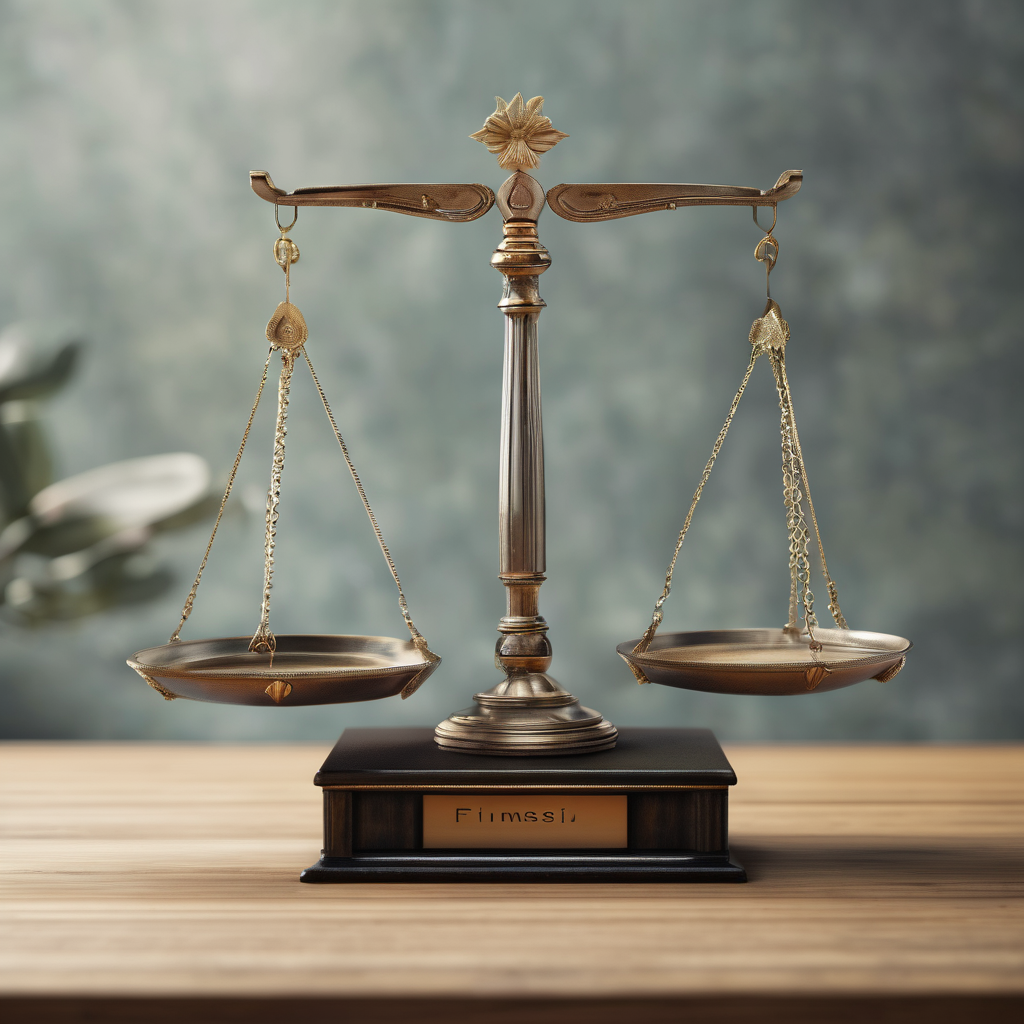Andrew Mountbatten-Windsor, currently eighth in line to the British throne, finds himself in an unusual and precarious position amidst the ongoing scrutiny of royal affairs. Despite losing his royal titles and his official residence, Andrew reflects on his standing with a sense of irony that recalls the absurdity of Ealing comedies like “Kind Hearts and Coronets.” In this film, the character Louis D’Ascoyne Mazzini pursues his claim to a dukedom through a series of murders, a far more dramatic and extreme method of resolving succession issues than what exists today.
Historically, the monarchy has been no stranger to severe measures concerning royal family dynamics. King Edward VIII’s abdication and subsequent controversial dealings during World War II highlight how the monarchy has also relied on cover-ups to maintain its image. Despite facing serious accusations, Edward’s connections to Germany were managed through diplomacy, allowing him to live a life of exile without significant public consequence. In comparison, Andrew’s situation appears relatively minor, underscored by the contemporary landscape where media scrutiny is relentless, and royal secrecy has diminished.
Precedent exists in royal history for the revocation of titles, as seen in the case of Ernest Augustus in 1919, who lost his dukedom for supporting Germany during the First World War. This reflects a long history of royal purges, particularly against women, where betrayal and treason often resulted in brutal repercussions. The infamous fates of historical figures like Anne Boleyn and Lady Jane Grey serve as reminders of a time when political and familial discord could lead to deadly consequences within the royal family.
As we look back on these events, it becomes clear that Andrew occupies a more advantageous position, thanks to the democratic evolution of the monarchy and society at large. However, his sense of entitlement, coupled with the royal family’s challenges in distancing themselves from his actions, suggests that the monarchy is still grappling with its relevance in modern society. While Andrew’s position may feel increasingly tenuous and vulnerable to scrutiny, the hope remains that the royal family can adapt and evolve, reinforcing their role in a contemporary democratic framework rather than allowing historical woes to haunt their present.
